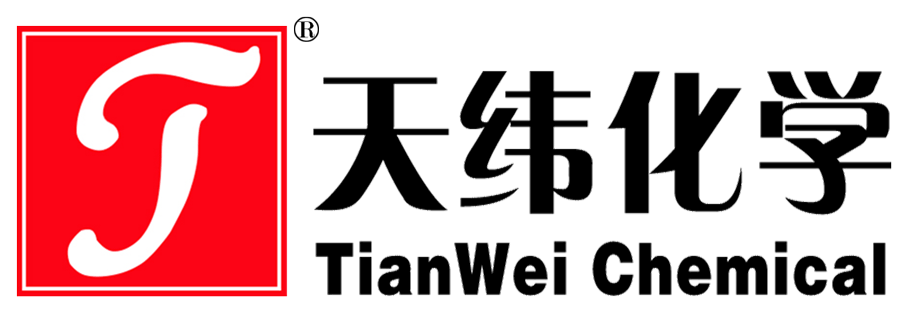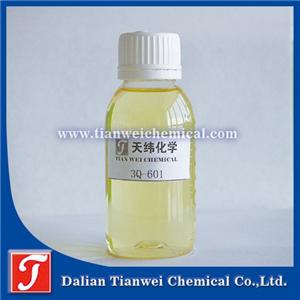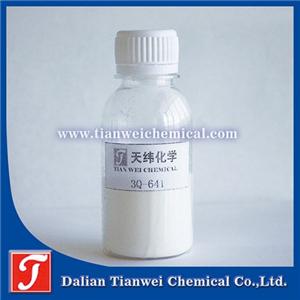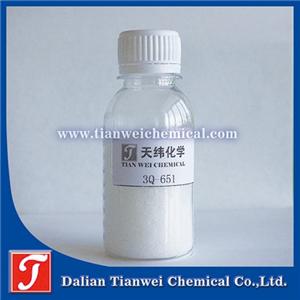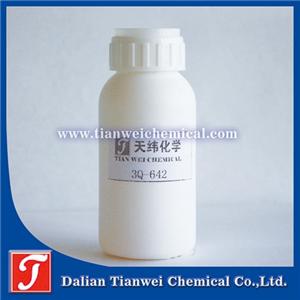The makeup sponge, beauty egg and antibacterial agent provide long-lasting antibacterial protection for skin health
Sponge beauty egg antibacterial agent is a functional ingredient added to beauty eggs (sponge material makeup tools). Its core function is to reduce the risk of skin infection caused by tool contamination by inhibiting or killing bacteria, fungi and other microorganisms, while extending the service life of beauty eggs. The following is a detailed analysis: First, the mechanism of action of antibacterial agents: Disrupting the structure of microorganisms. Antibacterial agents block the reproduction of microorganisms by interfering with the synthesis of bacterial cell membranes, inhibiting protein activity, or destroying DNA structure. For instance, silver ion antibacterial agents can penetrate the cell walls of bacteria, combine with enzymes to inactivate them, and thereby kill common pathogenic bacteria such as Escherichia coli and Staphylococcus aureus. Long-lasting antibacterial protection: Inorganic antibacterial agents (such as silver ions and zinc ions) are slowly released from the interior of the beauty egg. Even after repeated washing, they can still maintain their antibacterial effect, avoiding the problems of easy dissolution and short-lived effects of organic antibacterial agents. For instance, Dalian Tianwei inorganic zinc antibacterial agent has passed environmental protection certification and can provide long-lasting antibacterial properties without yellowing. The multi-bacterial protective beauty egg, due to the adsorption of residues such as foundation and oil, is prone to breed Escherichia coli, Candida albicans and other bacteria. Antibacterial agents can form protective barriers against these bacterial species, reducing the risk of cross-infection. Second, the application value of antibacterial agents in cosmetic eggs: Protecting skin health and reducing infection risk: Cosmetic eggs that have not undergone antibacterial treatment may cause acne, folliculitis, and even blood poisoning. Antibacterial agents are especially suitable for people with sensitive skin, acne-prone skin or those with minor skin wounds by reducing bacterial contact. Preventing cosmetic deterioration: Bacterial decomposition of cosmetic ingredients may lead to rancidity or unpleasant odors. Antibacterial agents can extend the shelf life of cosmetics and reduce skin irritation. Extend tool life and prevent bristle/sponge degradation: Bacteria break down the protein structure in the beauty egg, causing the sponge to dry out and break. Antibacterial agents can delay this process and maintain the elasticity of the beauty egg. Reduce cleaning frequency: The antibacterial beauty egg has a strong self-antibacterial ability. You can appropriately extend the washing interval to reduce the wear and tear on the sponge caused by frequent water washing. Enhance the user experience and meet diverse needs: The combination of antibacterial agents and hydrophilic polyurethane and other materials enables the beauty egg to expand twice as much after absorbing water and is less prone to deformation, making the makeup application more adherent. Multi-functional design: The multi-faceted antibacterial beauty egg can cover detailed areas such as the nostrils and corners of the mouth, meeting the makeup needs of the entire face. Iii. Types and Processes of Antibacterial Agents Inorganic antibacterial agent silver ion: It has good heat resistance and high safety. By embedding it inside the sponge, it achieves long-lasting antibacterial effects and is a common choice for beauty egg manufacturers. Zinc ions: Such as Dalian Tianwei antibacterial agents, they are safe and non-toxic, have a simple addition method, and have passed environmental protection certifications such as Reach and Rohs. Organic antibacterial agents are relatively low in cost, but they are prone to leaching and may cause skin irritation, so the dosage must be strictly controlled. Some beauty eggs wrap organic antibacterial agents through nanotechnology to reduce the risk of direct contact with the skin. Manufacturing process: Mixed extrusion molding: Mix the antibacterial agent with the sponge raw material to ensure uniform antibacterial components from the inside out, rather than just surface spraying. Storage box for coordinated protection: Some antibacterial beauty eggs come with storage boxes. The inner surface of the box is equipped with a silver ion antibacterial layer to further reduce bacterial contamination in the air.
